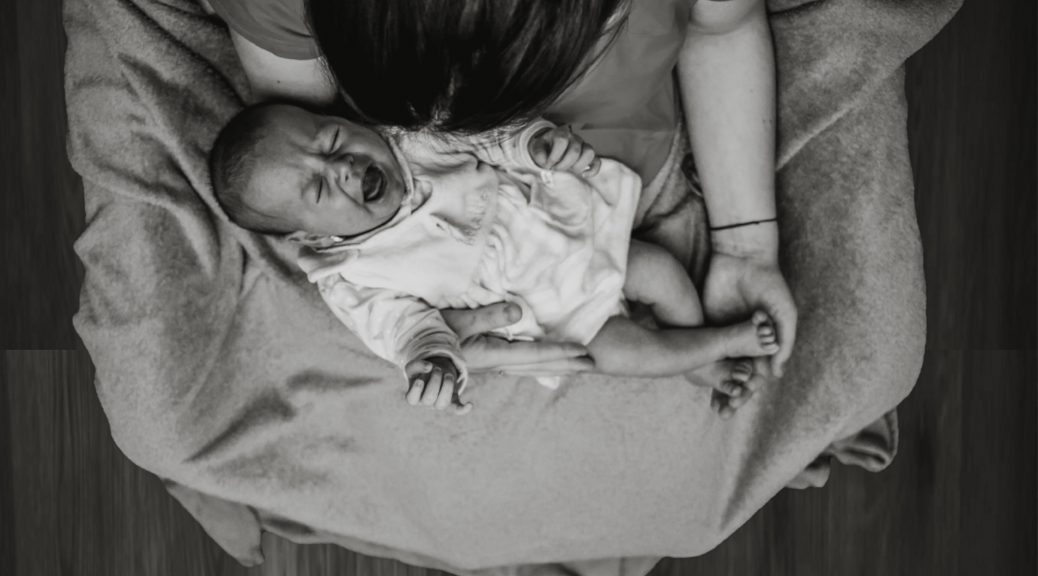
My baby doesn’t fall asleep at the breast anymore
You might get worried when your baby does not fall asleep at the breast, as they used to do before. Why does a baby who used to fall asleep exhausted and happy after every feed now cry, fuss, and seem not to want the breast anymore? They might even show anger and frustration. You know that the baby is tired and needs to sleep, and this behavior can cause you to worry and feel confused.
What is going on?
At some developmental stages, the exploration and learning they do throughout the day, such as crawling, standing up, getting to know the environment, starting solids, walking, and discovering new skills, makes some babies arrive at bedtime more excited than they can cope with and can manage. They are simply overtired.
Your baby is now 8 months old
Around the age of 8 months, they enter a complicated stage: the so-called separation anxiety. The baby begins to understand that you and she are different individuals and that mommy can “disappear.” They begin to sense that life goes on and things happen while they sleep. Sometimes, they fall asleep with mommy next to them, and then she is not there anymore. Or they fall asleep in one room and wake up in another. This can cause some distress to them and, therefore, a certain resistance to falling asleep so that these things don’t happen.
What can you do?
Do you remember how grandmothers used to put babies to sleep? When a baby is overtired and does not know how to relax without help, then movement, rocking, babywearing, or carrying can be a good solution. If you also offer the breast when they are calmer, suction and movement together activate this sensation of relaxation and pleasure and favor sleep.
It is very possible that this is all a temporary problem, but if it is going on for longer, or if you simply want to breastfeed calmly lying down or sitting without having to rock your baby, then you can reduce the rocking time day by day. Then, just stand still and finally put yourself in a comfortable position. This way, you will gradually encourage your baby to associate breastfeeding with the moment of winding down to fall asleep.
Sources:
- Moller, Eline L. . Infant crying and the calming response: Parental versus mechanical soothing using swaddling, sound, and movement. PLoS One. 2019; 14(4): 1-16.
- Dönmez, R. Ö., Temel, A. B.. Effect of soothing techniques on infants’ self-regulation behaviors (sleeping, crying, feeding): A randomized controlled study. Jpn J Nurs Sci. 2019; 16(4): 407-419.
Your experience
After writing this article, we received a story from Carolina, a mother who was concerned about this issue. Here, we share her words, which can surely be of help to other families who go through the same.
8 months: The world is so interesting mommy!
Around Christmas time, at just over six months old, Magnus began to crawl and stand up, holding on to everything. At that point, our nights became crazy. He went from waking up three or four times to waking up an average of ten times a night. There were nights I even counted 20 wake-ups. And they weren’t “Mommy, I want to breastfeed, and then I’ll go to sleep” wake-ups, no. He would sit in bed, get up, crawl on top of us (we co-sleep), and then laugh or cry. Every time he did that, I had to get out of bed and rock him back to sleep.
After a month like this, I contacted LactApp. As always, they helped me and gave me tips to achieve what I wanted: to get him to sleep on my breast without having to get out of bed. As the LactApp team explained, babies want to explore, be active, and discover the world at this age. In addition, separation anxiety from the mother prevents them from sleeping peacefully because, of course, anything is more interesting than sleeping for three hours in a row!